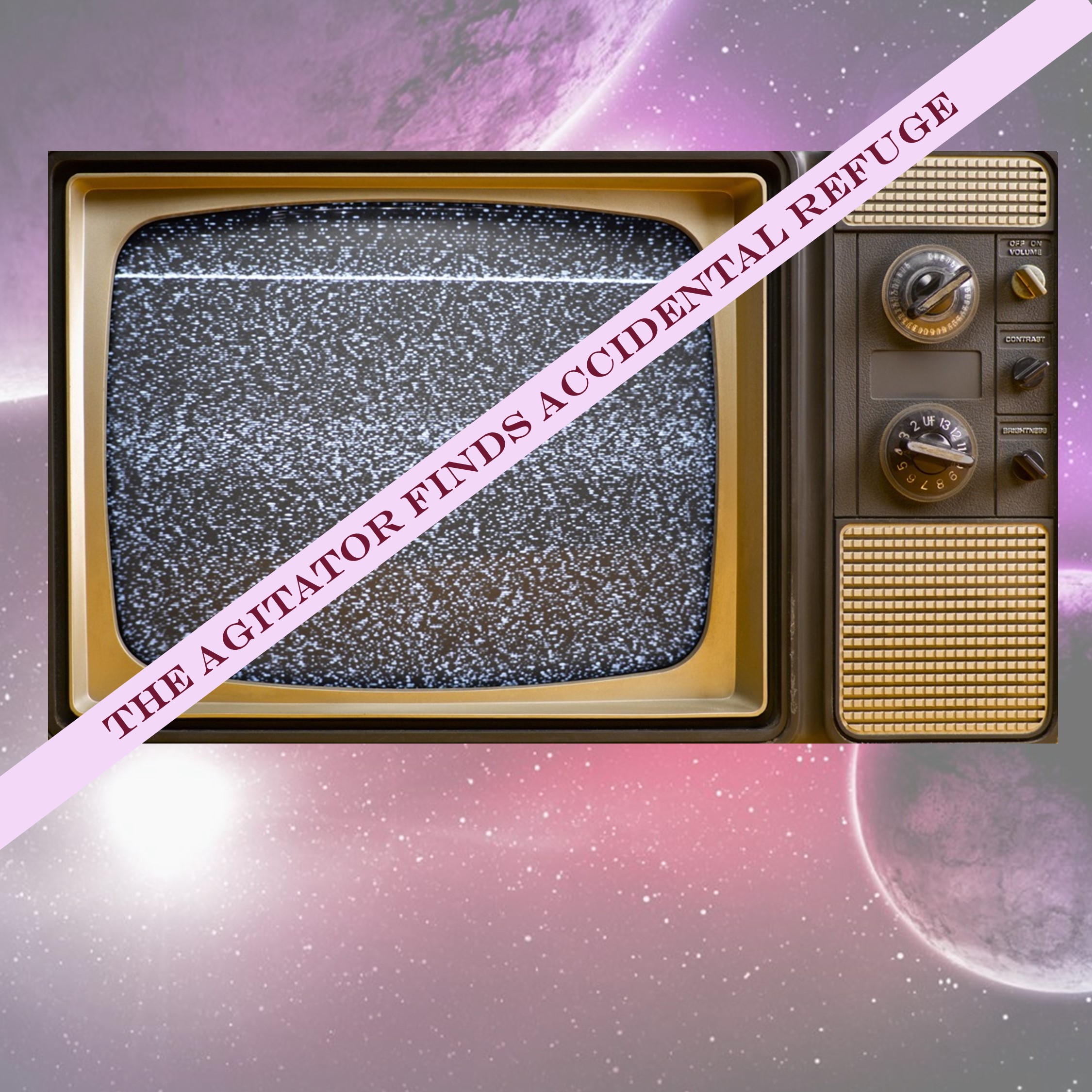Jen Karetnick
Take Your Both Eyes off of the World
After Lamentation by Stephen Gorman and Ripples of Foreboding by Edward Koren, from the exhibit Down to the Bone (Peabody Essex Museum, Salem, MA, March 12, 2022-February 5, 2023)
In games of rescue and abandonment,
lonely for no one, I've become a scholar
of cancellations, out to overturn a kingdom.
Little assassin in the burdened air—familiar
dust of summer—kin to the toothed, mouthed,
furred, horned running away in the grass,
what I know so clearly this moment:
I'm never finished answering to the dead.
But they all look alike lying there, dew-soaked,
disappearing before me like the curtains
when they untie them in the evening. What is
living is fugitive. I see past them to the marriages
of rust in the muddy lighting: the first human cities.
Confused about the body and the heart, this is also
how I looked before I tore my mother open.
A Li-Young Lee ekocento
Source poems:
"Arise, Go Down;" "Eating Together;" "Have You Prayed?;" "Little Ache;" "Secret Life;" "Changing Places in the Fire;" "Falling: The Code;" "A Hymn to Childhood;" "Little Father;" "This House and What Is Dead;" "The Cleaving;" "From Blossoms;" "I Ask My Mother to Sing;" "Nocturne;" "This Room and Everything in It;" "Early in the Morning;" "The Gift;" "Immigrant Blues;" "Persimmons;" "Three Words"
How to Wash Dishes in a Commercial Kitchen; Or, a Divine Flow for the Brigade de Cuisine
At Vermont Studio Center
The Lamoille River in November looks like cappuccino, brisk whips of milk on either side
of Montpelier Bridge. The sting of potential snow in the nostrils is an ancestral memory
as familiar as brisket.
I aim the dish sprayer at vestiges of broccoli-cheddar soup, curls of dried tofu curry,
red pepper hummus pasted to the plate.
The tap water smells like fecund moss, like leaves that stretch into fog on Prospect Rock.
Some people cannot stand to touch other people's food.
Whole or in parts, I never mind.
I toil like water.
My secret:
To clean
fast,
fast.
*
Scents.
Cents.
I grossed
both working
restaurant kitchens.
Dignity, earned, is like belief.
Water in motion is a honed, falling butcher's blade.
At the restaurant on The Charles, dishwasher "Bruce" spoke no English.
I ran bus buckets to him up a double flight of stairs. Fallow with the salt
of margaritas. Ragged with hems of guacamole.
Mike, the cook, tweaked his nipples one night. "Titty twister!" he
shouted. Bruce pulled
the knife from the hot side, chased Mike
down to where I jump-started with martini glasses. Bulwark
of post-consumption, I didn't mean to be in the way.
|
|
 |
 |
|
|
|
 |
| Maureen Alsop:I often create visual art as a memorialization to the closure of a written work. However, many of these visual pieces arrived as a trajectory while writing a larger 'work-in-progress.' The text within the visual poems do not speak to the content of the larger work but are autonomous, acting as bridge between the written and visual bodies. The original text draws upon ghosts in the hall of battles. It is a glittering solar analemma, an unattested revolution, an infinity reflected in ellipses, omissions, and disintegration. A full collection representing many of these images came to fruition recently in Tender to Empress (Wet Cement Press). Yet the act of creating from text continues, as the digital collages here also include newer works based on miscellaneous notes, old emails, and most recently a short story, "The Unnamed Woman of Mary River" (forthcoming at South Dakota Review). The title to these are based on cargo ships which I pass on my daily commute from island to mainland. These small cities of people, afloat for weeks on end out at sea, are a looming story that embarks and disembarks in my imagination.
The visual poems are crafted under the mechanics of "Écriture Féminine," literally "women's writing." These principals advance a feminine perspective. I write from parallels, cyclical slips through stream of conscious and fragmentary processes. The writing exists as rough erotic. As talisman. Interpersonal in their ruptures and syntax, soft in their discomforts; a splintered narrative. Through writing, I can go anywhere and never be found.
|
|
|
|
|
|
 |
|
 |
|
|
|
|
